Our Best Overall Cast Iron Skillet Is Under $20 With 40,000 Glowing Amazon Reviews
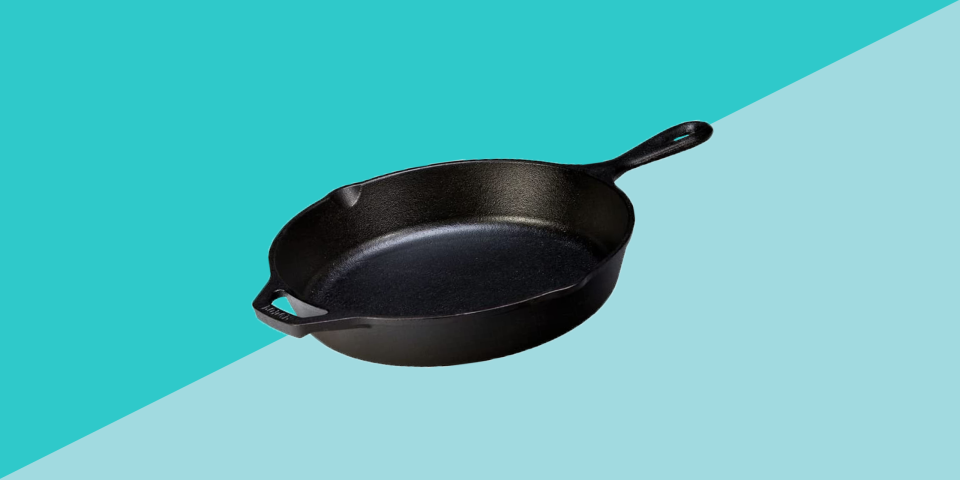
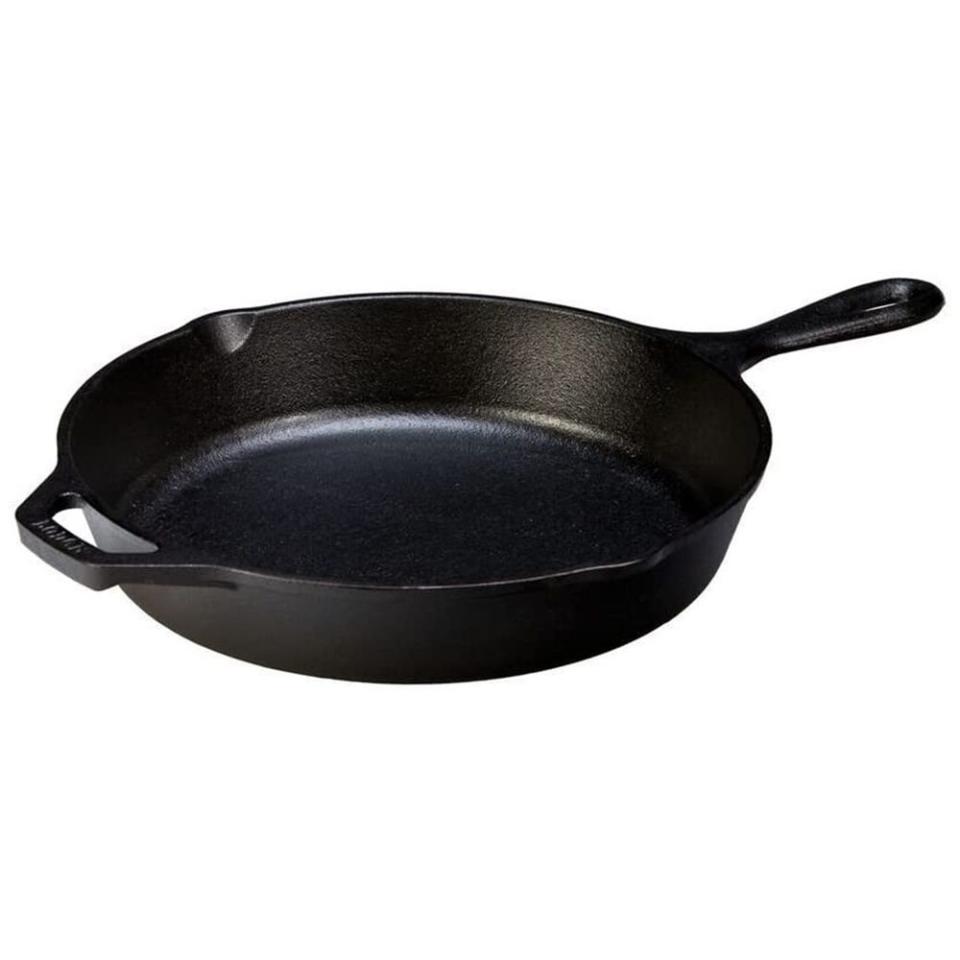
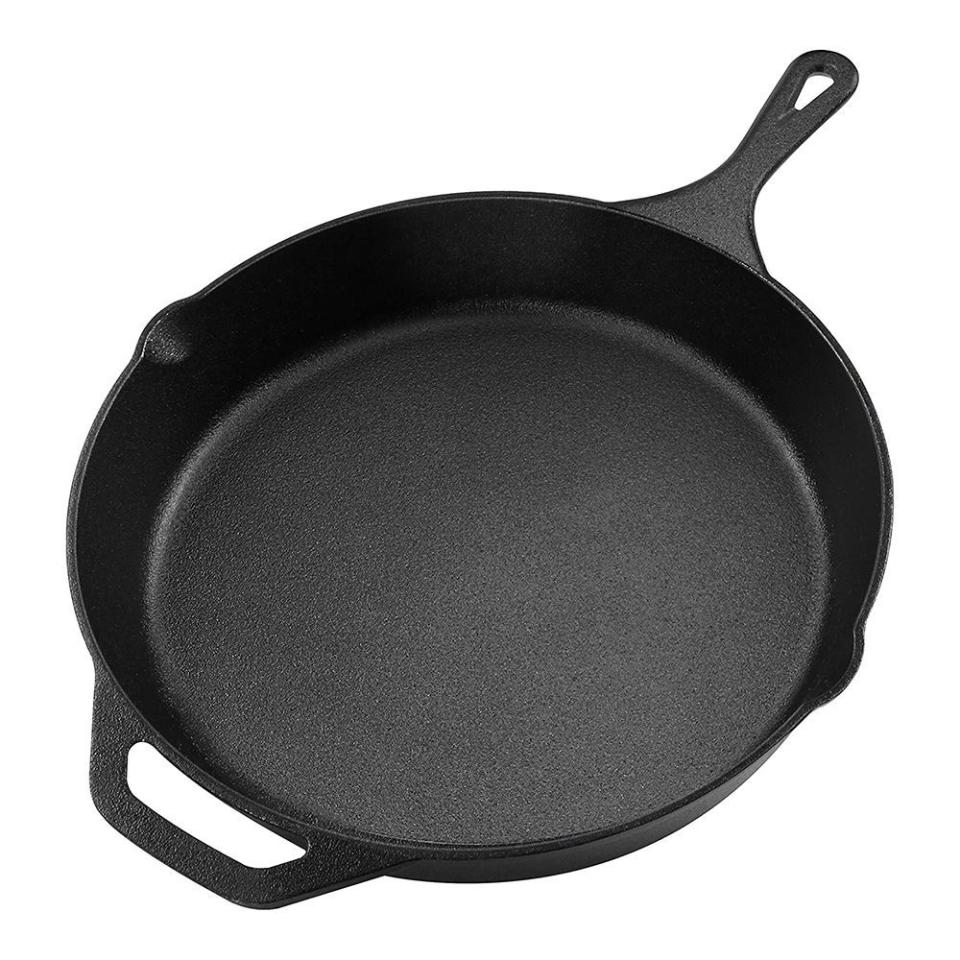
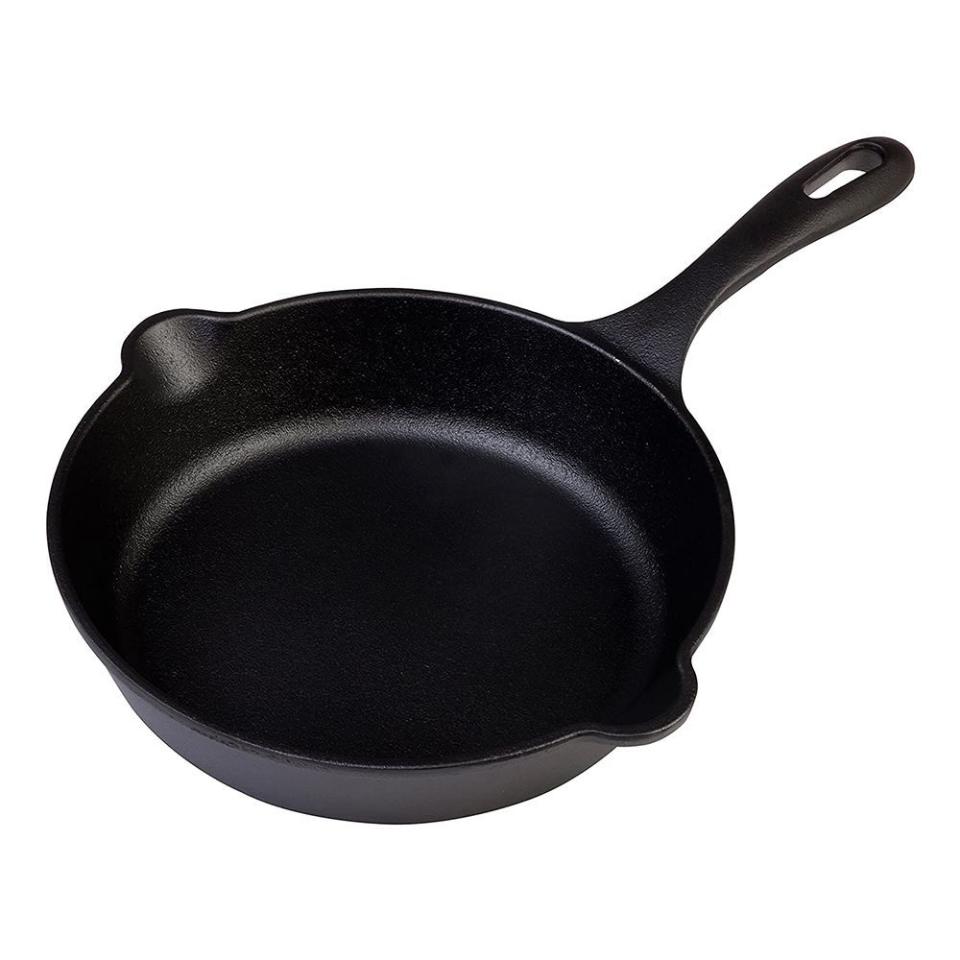
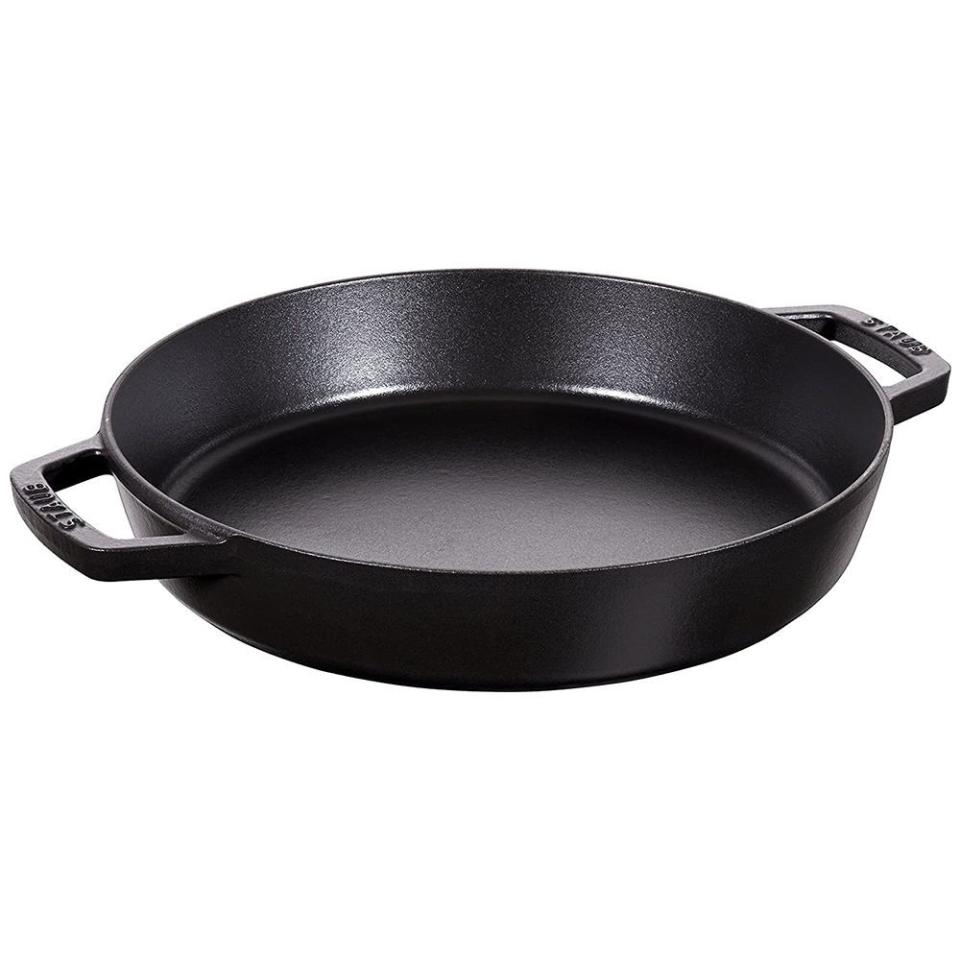
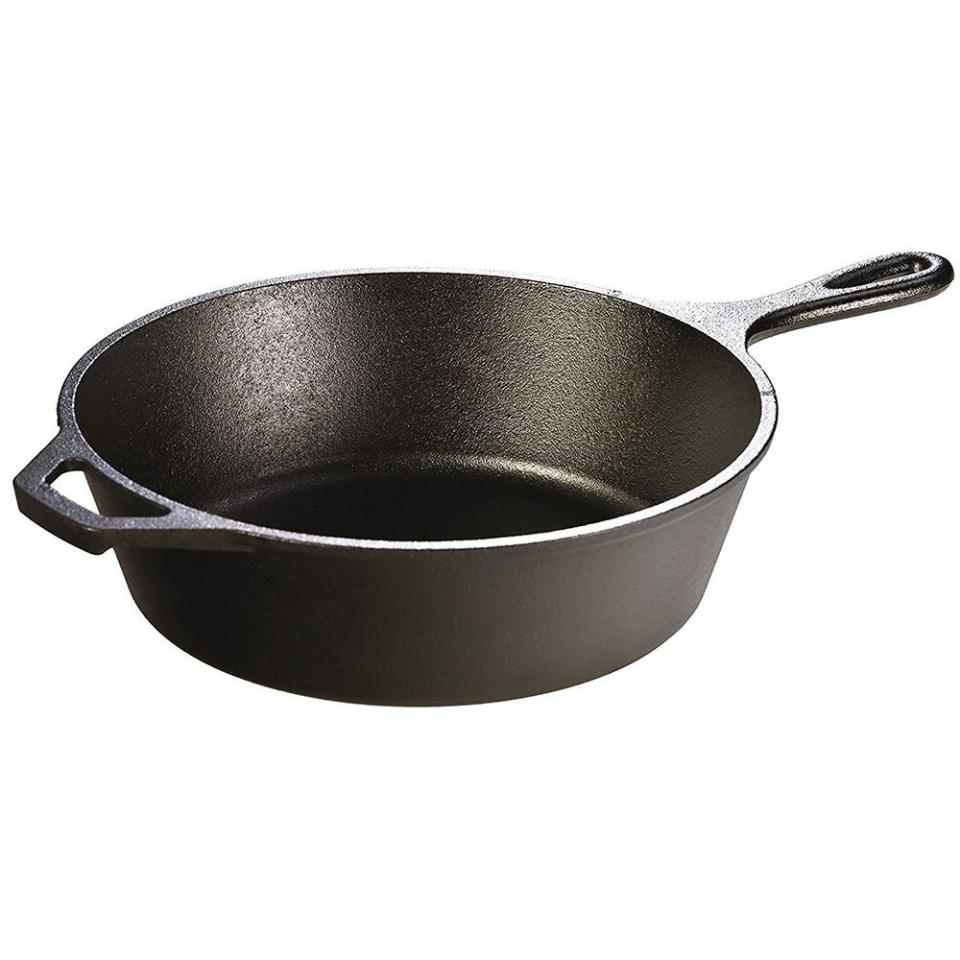
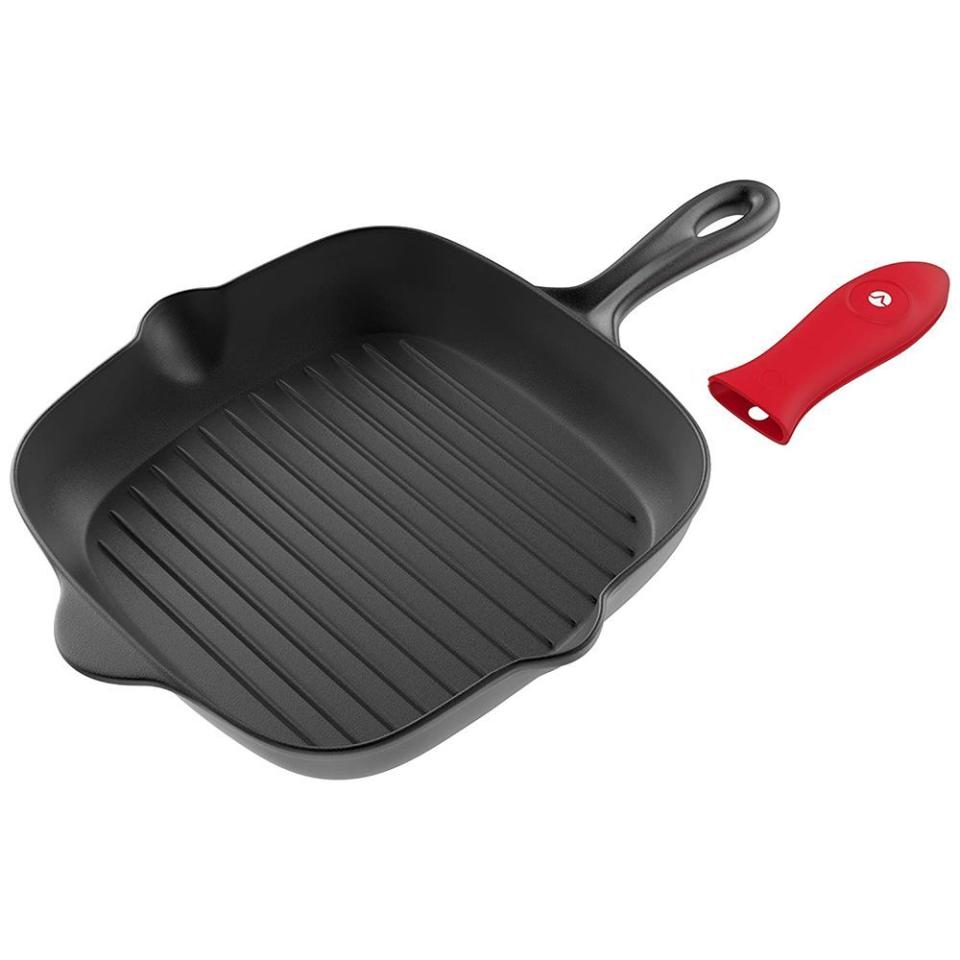
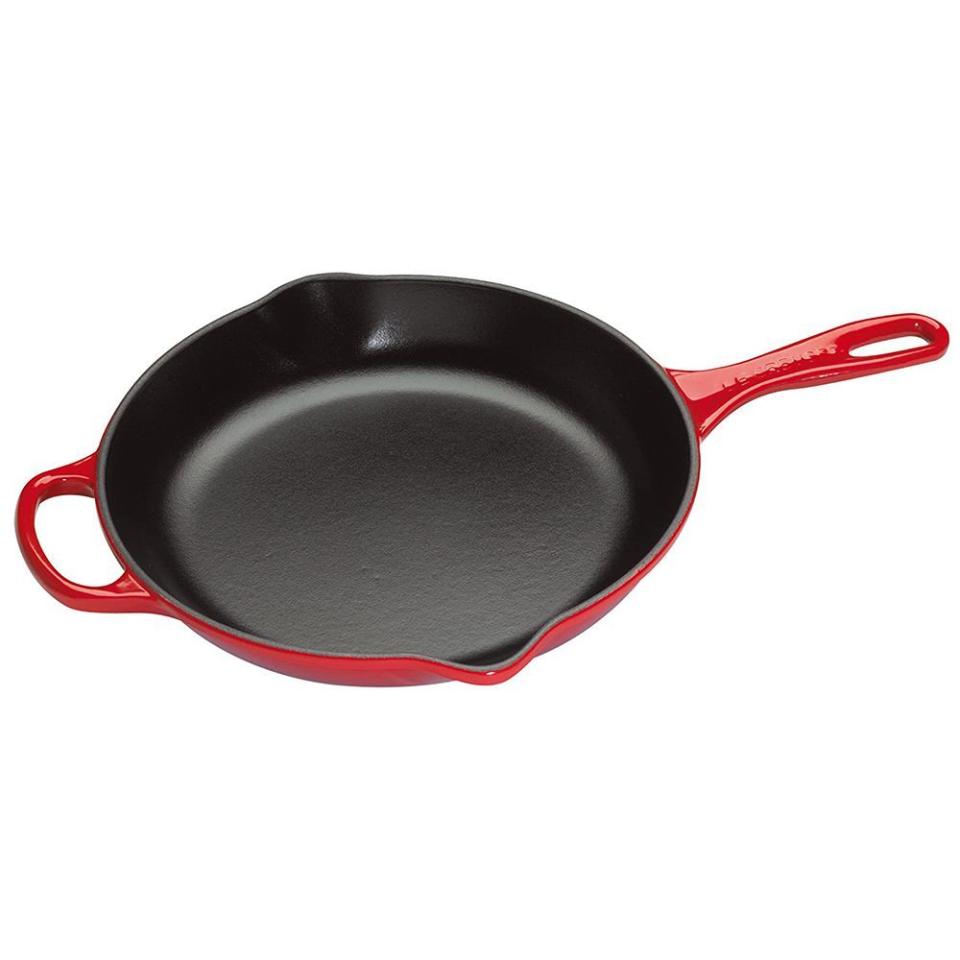
Our Best Overall Cast Iron Skillet Is Under $20 With 40,000 Glowing Amazon Reviews
A cast iron skillet is one of few things that genuinely improve with age. Every time you cook with a cast iron skillet, you're adding to its seasoning. And you're giving yourself a boost of nutrients! They naturally increase the iron found in food when used to cook, says Kylee Van Horn, R.D.N. at FlyNutrition. Because of this, "if iron deficiency is a challenge, a cast iron skillet can be a good way to increase iron consumption."
They're known for getting hot, distributing heat evenly, and staying hot. Tough and durable, they're also virtually indestructible. "Think of them as investment pieces that can last a lifetime, says McKel Kooienga, M.S., R.D.N., L.D.N. of Nutrition Stripped.
That said, there are two things that often confuse people about cast-iron skillets. The first is how to clean cast iron. Our friends at GoodHousekeeping.com have advice for that—but essentially, you only want to use dish soap and a soft bristle brush. Never let your cast iron skillet soak in water or throw it in the dishwasher (although a few high-end models below are deemed dishwasher safe). The second is safe-to-cook foods. Use your cast iron skillet for meats, veggies, and most everything—but avoid certain sauces, delicate fish, and desserts.
Just head, read all about our top cast iron skillets to buy and cook with in 2020 and beyond:
Plus, it's pre-seasoned and ready to use right out of the box.